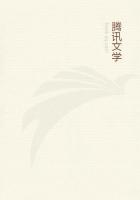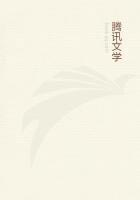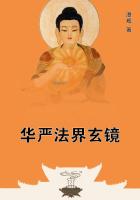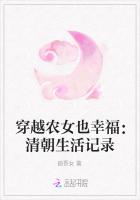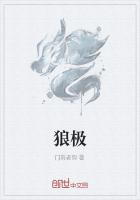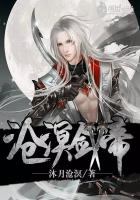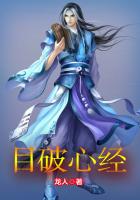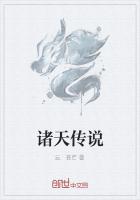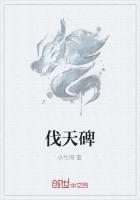The Leader asked him then who he was; whereon he answered, "I rained from Tuscany short time ago into this fell gullet. Bestial life, and not human, pleased me, like a mule that I was. I am Vanni Fucci, beast, and Pistoia was my fitting den." And I to my Leader, "Tell him not to budge, and ask what sin thrust him down here, for I have seen him a man of blood and rages." And the sinner who heard dissembled not, but directed toward me his mind and his face, and was painted with dismal shame. Then he said, "More it grieves me, that thou hast caught me in the misery where thou seest me, than when I was taken from the other life. I cannot refuse that which thou demandest. I am put so far down because I was robber of the sacristy with the fair furnishings, and falsely hitherto has it been ascribed to another.[1] But that thou enjoy not this sight, if ever thou shalt be forth of these dark places, open thine ears to my announcement and hear.[2] Pistoia first strips itself of the Black, then Florence renovates her people and her customs. Mars draws a flame from Val di Magra wrapped in turbid clouds, and with impetuous and bitter storm shall it be opposed upon Campo Piceno, where it shall suddenly rend the mist, so that every White shall thereby be smitten. And this have I said because it must grieve thee."[1] Vanni Fucci robbed the rich sacristy of the Church of St. James, the cathedral of Pistoia. Suspicion of the crime fell upon others, who, though innocent, were put to torture and hung for it.
[2] The following verses refer under their dark imagery to the two parties, the Black and the White, introduced from Pistoia, by which Florence was divided in the early years of the fourteenth century, and to their fightings. The prophecy is dismal to Dante, because it was with the Whites, whose overthrow Vanni Fucci foretells, that his own fortunes were linked.
CANTO XXV. Eighth Circle: seventh pit: fraudulent thieves. --Cacus.
--Agnel Brunelleschi and others.
At the end of his words the thief raised his hands with both the figs,[1] crying, "Take that, God! for at thee I square them." Thenceforth the serpents were my friends, for then one coiled around his neck, as if it said, "I will not that thou say more," and another round his arms and bound them up anew, clinching itself so in front that he could not give a shake with them. Ah Pistoia! Pistoia! why dost thou not decree to make ashes of thyself, so that thou mayest last no longer, since in evil-doing thou surpassest thine own seed?[2] Through all the dark circles of Hell I saw no spirit against God so proud, not he who fell at Thebes down from the walls.[3] He fled away and spake no word more.
[1] A vulgar mode of contemptuous defiance, thrusting out the fist with the thumb between the first and middle finger.
[2] According to tradition, Pistoia was settled by the followers of Catiline who escaped after his defeat.
[3] Capaneus; see Canto xiv.
And I saw a Centaur full of rage come crying out, "Where is, where is that obdurate one?" I do not think Maremma has so many snakes as he had upon his croup up to where our semblance begins. On his shoulders behind the nape a dragon with open wings was lying upon him, and it sets on fire whomsoever it encounters. My Master said, "This is Cacus, who beneath the rock of Mount Aventine made oftentimes a lake of blood. He goes not on one road with his brothers because of the fraudulent theft he committed of the great herd that was in his neighborhood; wherefor his crooked deeds ceased under the club of Hercules, who perhaps dealt him a hundred blows with it, and he felt not ten."While he was so speaking, and that one had run by, lo! three spirits came below us, of whom neither I nor my Leader was aware till when they cried out, "Who are ye?" whereon our story stopped, and we then attended only unto them. I did not recognize them, but it happened, as it is wont to happen by chance, that one must needs name the other, saying, "Cianfa, where can he have stayed?" Whereupon I, in order that the Leader should attend, put my finger upward from my chin to my nose.
If thou art now, Reader, slow to credit that which I shall tell, it will not be a marvel, for I who saw it hardly admit it to myself. As I was holding my brow raised upon them, lo! a serpent with six feet darts in front of one, and grapples close to him. With his middle feet he clasped his paunch, and with his forward took his arms, then struck his fangs in one and the other cheek. His hinder feet he stretched upon the thighs, and put his tail between the two, and behind bent it up along the reins. Ivy was never so bearded to a tree, as the horrible beast through the other's limbs entwined his own. Then they stuck together as if they had been of hot wax, and mingled their color; nor one nor the other seemed now that which it was; even as before the flame, up along the paper a dark color proceeds which is not yet black, and the white dies away. The other two were looking on, and each cried, "O me! Agnello, how thou changest! Lo, now thou art neither two nor one! Now were the two heads become one, when there appeared to us two countenances mixed in one face wherein the two were lost. Of four [1] strips the two arms were made; the thighs with the legs, the belly and the chest became members that were never seen before. Each original aspect there was cancelled; both and neither the perverse image appeared, and such it went away with slow step.
[1] The two fore feet of the dragon and the two arms of the man were melted into two strange arms.

